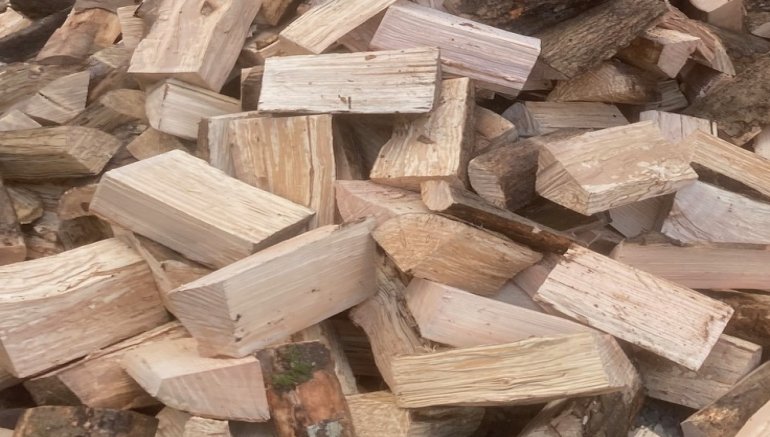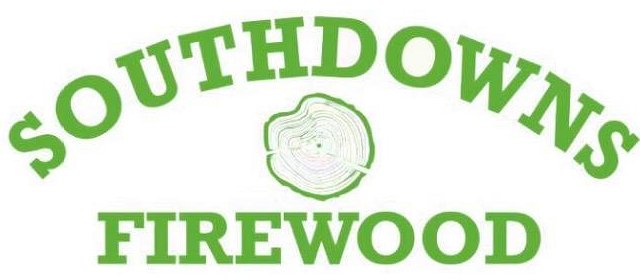
31 July 2025
Is It A Crime To Forage For Firewood?
The summer months are a great time to stockpile firewood for the winter, taking advantage of ample availability at a sustainable supplier before the demand arrives along with the colder winter.
However, one essential piece of advice we must provide to individuals is that you should under no circumstances try to forage for firewood. Other foraging guidelines that apply to plentiful amounts of fruit, fungi, flowers and foliage do not apply to wood.
The main reason for this is that it is a crime and arguably has been since 1788. The case of Steel v Houghton established a precedent that picking up leftover crops (or firewood in this case) on private property was technically a crime, either of trespass or of theft.
Unless there is a stated exception, which is typically clearly marked and has very strict limits, assume that it is illegal to forage for firewood. The law as written does not even allow you to take leftover wood and debris without permission from the landowner first.
There are a lot of reasons to avoid doing so regardless of this, chief among which is the fact that fallen branches, leaves and even rotting logs are vital for ensuring a healthy woodland habitat and a circular ecosystem.
The wood is often used as food for insects or fungi, and as it decays, it provides vital nutrients for the soil. Strategically placed pieces of wood are often used as part of conservation efforts.
As well as this, it is often simply not worth it. Foraging is often a lot of work, and due to the practical or legal limits applied to authorised wood collection, typically the net benefits are very small.
All of this aside, the wood that is taken will typically be too unseasoned to effectively burn. There are strict rules surrounding seasoning firewood to ensure that it does not release too much smoke into the atmosphere or burn in a way that could damage your burner.
Instead, choose seasoned firewood sustainably sourced from a local, trusted provider.

